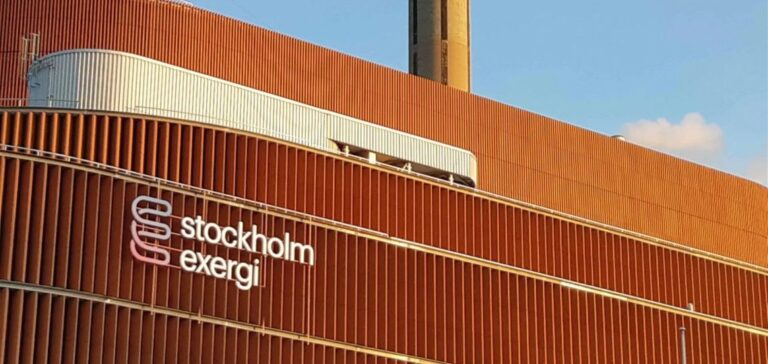Swedish energy company Stockholm Exergi has approved the final investment decision for what will become the world’s first large-scale Bioenergy with Carbon Capture and Storage (BECCS) project. Scheduled to capture and store 800,000 tonnes of carbon dioxide per year from 2028, the project will implement the CapsolEoP® carbon capture technology developed by Norwegian company Capsol Technologies.
Structured financial and commercial partnerships
The project is supported by multiple financing mechanisms. The European Innovation Fund has granted €180mn, while long-term purchase agreements have been signed with Microsoft Corporation for 3.33mn tonnes of carbon credits and the Frontier Group consortium for an estimated $50mn. Frontier includes Meta Platforms Inc., Stripe Inc., Alphabet Inc., Shopify Inc., and McKinsey & Company.
CapsolEoP®, Capsol Technologies’ end-of-pipe solution, is based on the use of the solvent Hot Potassium Carbonate (HPC). It is expected to reduce carbon capture costs by 20 to 60% compared to amine-based technologies. This solution is particularly suited for biomass and waste-to-energy facilities with limited excess heat availability.
Commercial and industrial prospects for Capsol
Through this project, Capsol strengthens its position in the emerging negative emissions segment. The company reports a portfolio of biomass and waste incineration projects totalling a potential of 7.8mn tonnes of capturable CO₂, representing estimated licensing revenues of €80mn to €115mn, based on a target price of €10 to €15 per tonne.
Wendy Lam, Chief Executive Officer of Capsol Technologies, stated that this first final investment decision for a large-scale project marks a strategic milestone for the company. She anticipates accelerated commercial traction and broader adoption across industrial sectors.
The decision by Stockholm Exergi underscores the evolving framework for financing and contracting BECCS solutions. It may also influence strategies among industrial stakeholders seeking direct, certifiable carbon removal solutions.






















